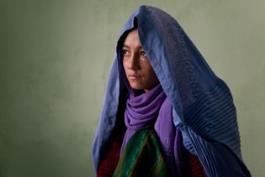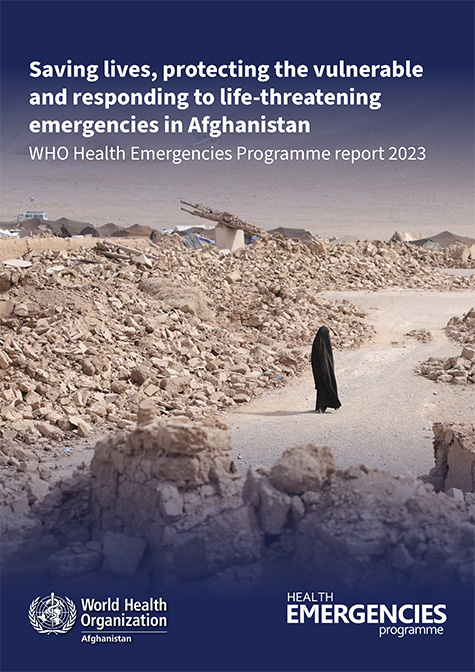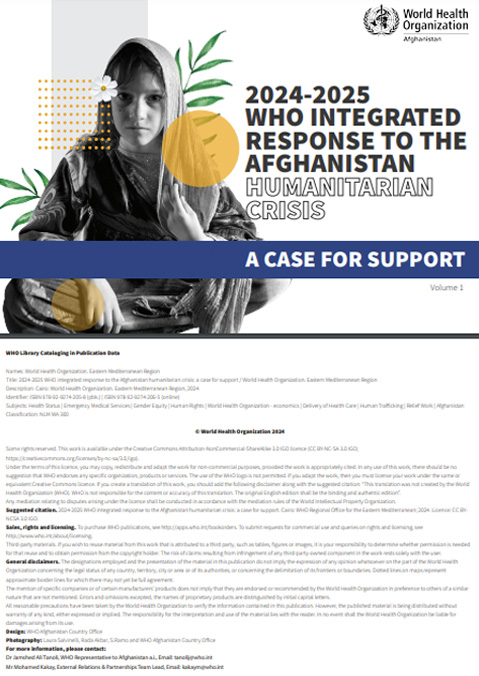Situation Updates:
The status of Afghan women remains one of the lowest in the world: According to AfDHS 2015, 52% of ever-married women have suffered from spousal violence, whether physical (46%), sexual (6%), or emotional (34%) and 53% of women have experienced physical violence after the age of 15. Further, 16%of women aged 15–49 reported that they had experienced violence during pregnancy, and 80% of ever-married women and 72% of ever-married men believed that a husband is justified in beating his wife under certain circumstances.
Health indicators for women remain poor though women and men experience different vulnerabilities and risks. Despite an increase in the number of women health workers, women face challenges in accessing services due to gender norms and poor infrastructure. Over the past decades, Afghanistan has made progress in setting up a coherent framework to eliminate gender inequality and social exclusion by establishing the Ministry of Women’s Affairs (2002) and ratifying the Convention on the Elimination of all Forms of Discrimination Against Women (CEDAW, 2003). The Gender Unit within the MoPH Reproductive Health Directorate was established in 2006 and in 2013 promoted to the Gender and Human Rights Directorate.
Gender-based violence (GBV) in Afghanistan is concerning. A 2015 WHO Afghanistan baseline assessment showed major weaknesses in health service provision to survivors. Only 10% of facilities are well prepared to address GBV: only a quarter of the 280 health facilities surveyed had private examination rooms and only 2% had a protocol in place for GBV care. The assessment also showed major gaps in health care providers’ knowledge and attitudes about the health consequences of GBV and the role of health care providers in helping survivors. The results also point to a need to strengthen coordination and linkages with other non-health service providers, and to properly equip and organize health facilities and address cultural and social barriers to GBV.
Achievements:
- Supported MoPH in the revision of the Gender and Human Rights Strategy (2017-2021).
- Conducted 161 five-day training workshops on GBV treatment protocol. Between 2015 and 2018, a total of 3,979 health care providers (1,590 nurses, 1,237 midwives and 1,152 doctors) were trained on the protocol. A further 565 received refresher training and 230 manager training.
- Trained 200 health care providers on GBV treatment protocol in emergency setting and 60 in gender mainstreaming.
- Equipped all 518 targeted health facilities in seven provinces with patient gowns and curtains to support privacy and confidentiality.
- Distributed 43 pre-packaged post-rape management kits to provincial and regional hospitals in seven provinces.
- Integrated the GBV treatment protocol into the syllabus of the Community Health Nursing Education Programme and Health Social Counsellor curriculum to ensure long-term sustainability of the GBV protocol project.
- Provided IEC materials on GBV and health to communities and provided guides for health care providers on GBV care at all targeted health facilities in seven provinces.
Programme Risks and Challenges:
- Pervasive gender inequality, limited availability of skilled health workers for managing GBV cases, poor attitudes among healthcare providers and communities on GBV, and women’s limited and restricted access to health care.
- Weak referral system for GBV in the health, justice and protection sectors, as well as cultural barriers and stigma toward GBV survivors.
- Low political attention and commitment for enhancing gender equality and addressing gender issues in healthcare.
- Insufficient funding for gender, human rights and health issues.
- Poor coordination between ministries, departments, agencies and NGOs working on different aspects of GBV.
Way Forward:
- By 2020, over 6,500 healthcare providers will be trained on GBV treatment protocol in all 34 provinces.
- Strengthen health systems to enable them to better organize and administer GBV care, and establish a strong M&E system.
- Build capacities of health personnel on the implementation of the 2017-2021 Gender and Human Rights Strategy, gender-sensitive communication skills and overall gender mainstreaming in health programming.
- Continue to strengthen the capacity of healthcare providers on gender mainstreaming in emergency response.
- Integrate GBV treatment protocol into remaining medical student curricula.
- Distribute of job aids, training packages and GBV posters to all targeted health facilities in 14 provinces.
Related links
GBV treatment protocol for health care providers in Afghanistan














